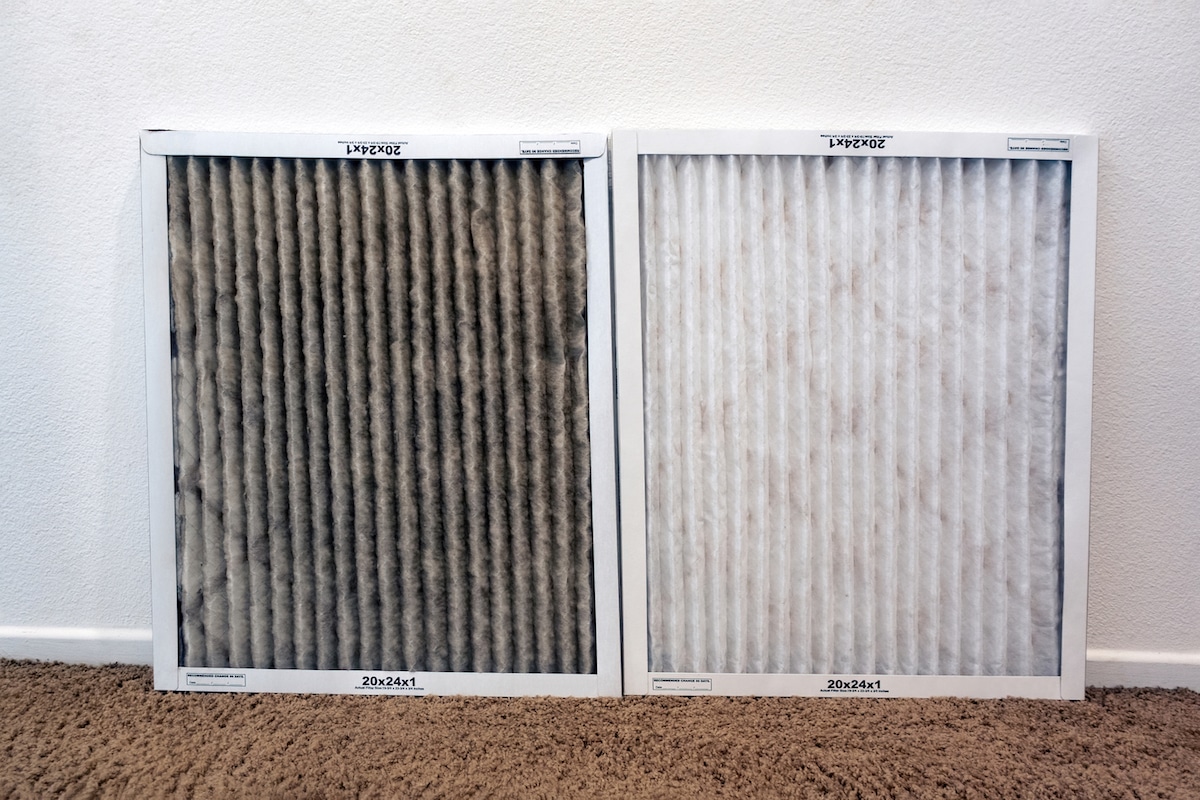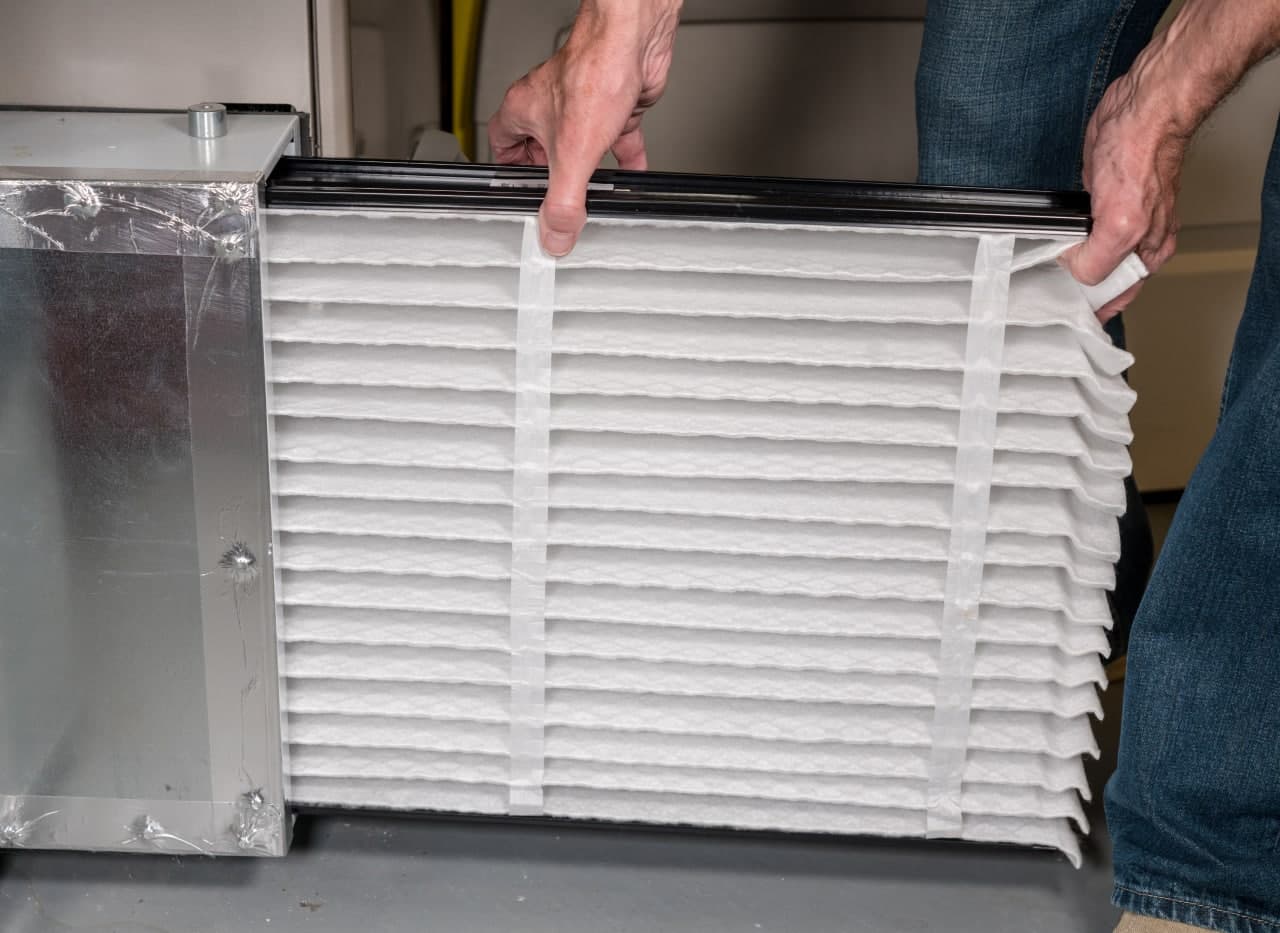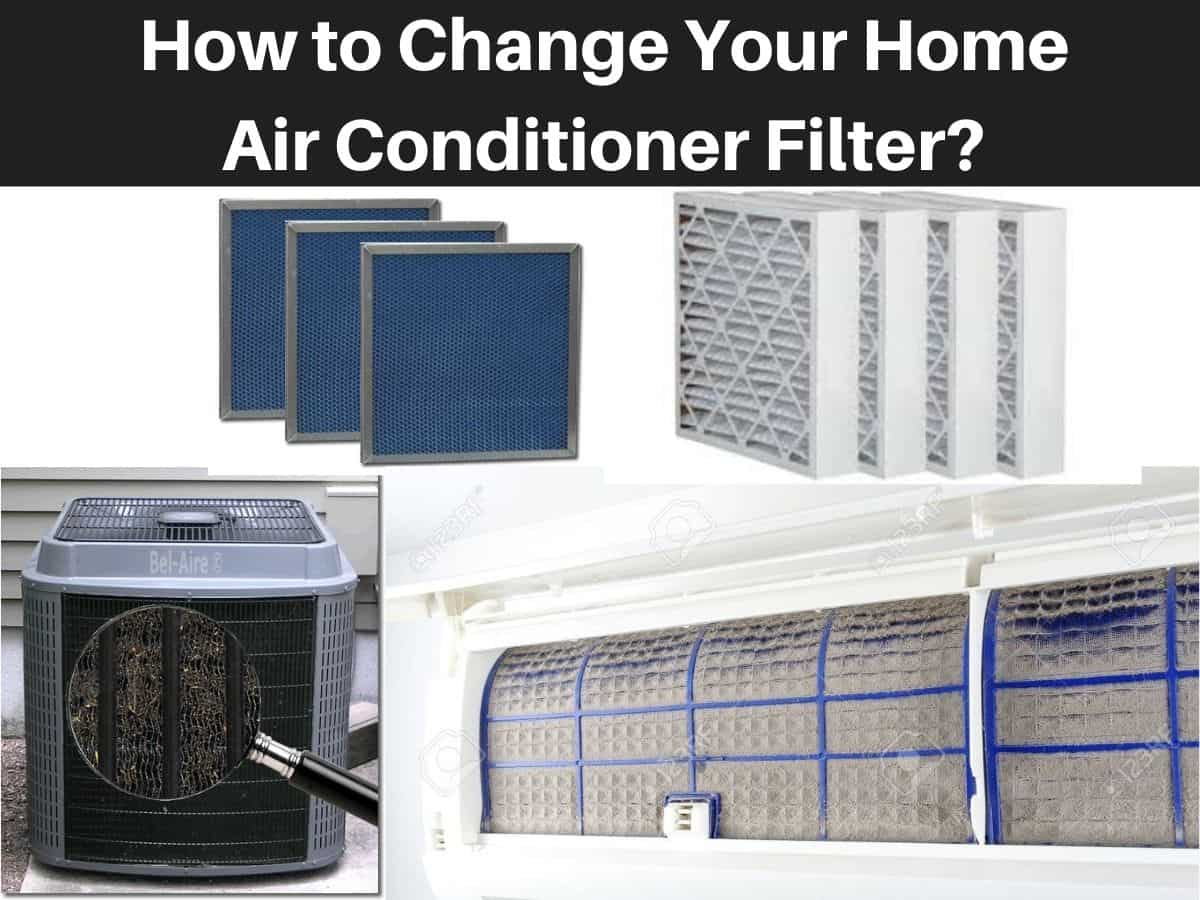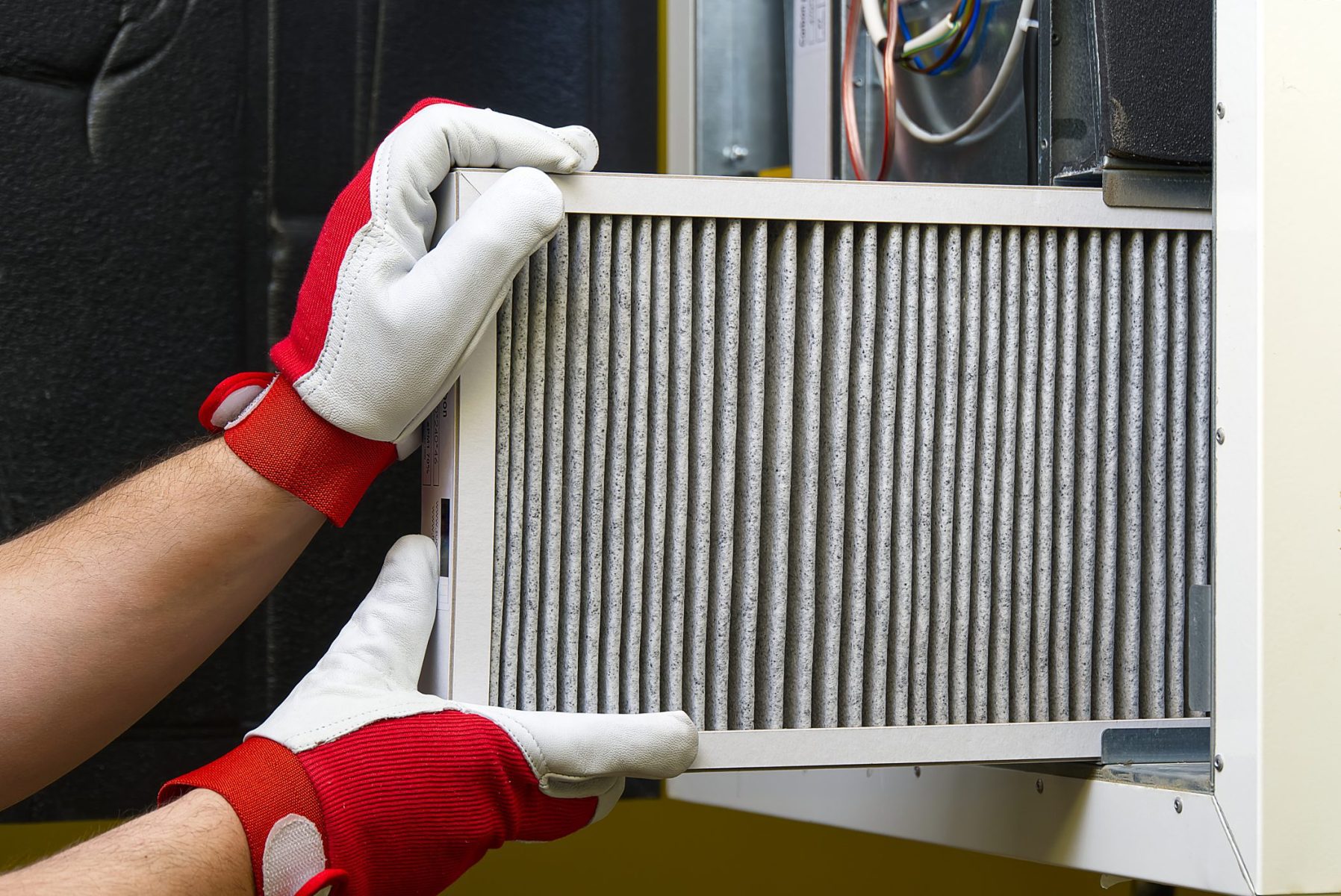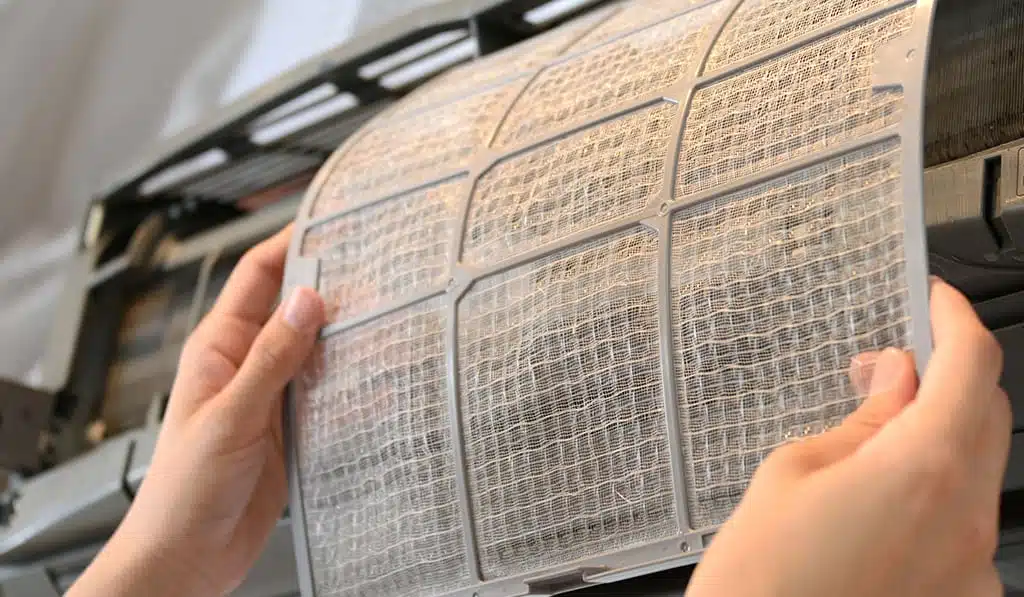Air Conditioner Filter Vs Furnace Filter

Air Conditioner Filters vs. Furnace Filters: Understanding the Differences for Optimal HVAC Performance
Maintaining a comfortable indoor environment hinges on a well-functioning HVAC (Heating, Ventilation, and Air Conditioning) system. A crucial, often overlooked, component is the air filter. While both air conditioners and furnaces use air filters, understanding the nuances between them is key to efficient operation, air quality, and the longevity of your equipment. This article delves into the purpose, types, and best practices for air conditioner and furnace filters, catering to homeowners, HVAC technicians, and facility managers alike.
The Primary Purpose: Filtration and Protection
At their core, both air conditioner and furnace filters serve the same fundamental purpose: to remove airborne particles from the air circulating through the HVAC system. This filtration process offers two primary benefits:
* **Protecting the HVAC Equipment:** Airborne dust, pollen, pet dander, and other debris can accumulate on the internal components of your air conditioner or furnace, such as the blower motor, evaporator coil (in AC units), and heat exchanger (in furnaces). This accumulation reduces efficiency, restricts airflow, and can lead to costly repairs or premature failure. For example, a dirty evaporator coil in your AC will struggle to transfer heat effectively, forcing the system to work harder and consume more energy, eventually shortening its lifespan. * **Improving Indoor Air Quality (IAQ):** By trapping airborne contaminants, air filters contribute to cleaner, healthier indoor air. This is particularly important for individuals with allergies, asthma, or other respiratory sensitivities. Imagine a home with pets; a good filter can significantly reduce the amount of pet dander circulating, creating a more comfortable environment for everyone.Key Differences in Filter Selection
While the core function is the same, several factors influence the optimal choice of filter for your air conditioner versus your furnace. These include filter type, MERV rating, and seasonal considerations.
MERV Rating: A Measure of Filtration Efficiency
The MERV (Minimum Efficiency Reporting Value) rating is a standard that measures a filter's ability to capture particles of different sizes. MERV ratings typically range from 1 to 20, with higher numbers indicating greater filtration efficiency.
* **Lower MERV Ratings (1-4):** These filters primarily capture larger particles like dust, pollen, and pet dander. They offer minimal airflow restriction, making them suitable for older or less powerful HVAC systems where airflow is a concern. An example would be a basic fiberglass filter. * **Mid-Range MERV Ratings (5-12):** These filters capture smaller particles, including mold spores, bacteria, and some viruses. They strike a balance between filtration efficiency and airflow. Many pleated filters fall into this range, offering good protection for both the equipment and indoor air quality. * **Higher MERV Ratings (13-20):** These filters are designed to capture the smallest particles, such as smoke, smog, and some allergens. They offer the highest level of filtration but can significantly restrict airflow, potentially causing your HVAC system to work harder and less efficiently. HEPA filters are in this category, often used in hospitals or environments requiring very clean air.Important Note: Always consult your HVAC system's manufacturer's recommendations regarding the appropriate MERV rating for your equipment. Using a filter with too high a MERV rating can restrict airflow, leading to reduced efficiency, overheating, and potential damage to your system. A technician can assess your specific system and make an informed recommendation.
Filter Types and Materials
Air filters are available in various materials and designs, each offering different levels of filtration and performance:
* **Fiberglass Filters:** These are the most basic and least expensive type of filter. They offer minimal filtration and are primarily designed to protect the HVAC equipment from large debris. They typically have a low MERV rating (1-4). * **Pleated Filters:** These filters are made of pleated paper or cloth, offering a larger surface area for filtration compared to fiberglass filters. They provide a good balance of filtration efficiency and airflow and are available in a range of MERV ratings (5-12). * **Electrostatic Filters:** These filters use an electrostatic charge to attract and trap airborne particles. They are washable and reusable, but their filtration efficiency can vary. * **HEPA Filters (High-Efficiency Particulate Air):** HEPA filters are the most efficient type of filter, capable of capturing 99.97% of particles 0.3 microns in size or larger. They are typically used in hospitals, cleanrooms, and other environments where air quality is critical. However, they can significantly restrict airflow and are not suitable for all HVAC systems. * **Washable Filters:** These are designed to be cleaned and reused. While convenient, they may not be as effective as disposable filters at capturing small particles. Also, improper cleaning can lead to mold growth and reduced performance.Seasonal Considerations: Air Conditioner vs. Furnace
While you technically *can* use the same type of filter year-round, some considerations make specific choices better depending on the season:
* **Air Conditioning Season (Summer):** During the summer, your air conditioner runs more frequently, circulating air throughout your home. A higher MERV rated filter (within your system's limits) can be beneficial during this time to remove pollen, dust, and other allergens that are prevalent in the summer months. This will also help keep your evaporator coil clean, improving cooling efficiency. * **Heating Season (Winter):** During the winter, you may be less concerned about pollen and outdoor allergens. However, a filter is still crucial to protect your furnace components. If you have pets or live in an area with high levels of indoor dust, a mid-range MERV filter is still recommended. If airflow is a concern, you can switch to a lower MERV rated filter.Cost, Efficiency, and Lifespan
The cost of air filters varies depending on the type, MERV rating, and size. Fiberglass filters are the least expensive, while HEPA filters are the most expensive. Pleated filters offer a good balance of cost and performance.
* **Cost:** Fiberglass filters can cost as little as $1-2 each, while pleated filters range from $5-20 each. HEPA filters can cost $20 or more. * **Efficiency:** Efficiency is directly related to the MERV rating. Higher MERV ratings offer better filtration but can also reduce airflow efficiency. * **Lifespan:** The recommended lifespan of an air filter depends on the type of filter, the level of air pollution, and the frequency of HVAC system use. Generally, fiberglass filters should be replaced monthly, while pleated filters can last for 1-3 months. HEPA filters may last for 3-6 months or longer. Always check the manufacturer's recommendations. A good visual indicator is the filter's appearance; if it looks dirty and clogged, it's time to replace it.Best Practices for Air Filter Maintenance
Following these best practices will help ensure optimal HVAC performance and air quality:
* **Check your air filter regularly:** Inspect your air filter at least once a month, especially during peak heating and cooling seasons. * **Replace your air filter as needed:** Replace your air filter when it appears dirty or clogged, or according to the manufacturer's recommendations. * **Choose the right MERV rating:** Select a filter with a MERV rating that is appropriate for your HVAC system and your indoor air quality needs. * **Consider professional HVAC maintenance:** Schedule regular maintenance appointments with a qualified HVAC technician to ensure your system is running efficiently and to address any potential problems. * **Document filter changes:** Keep a record of when you change your filters. This helps you establish a routine and track the performance of different filter types. A simple calendar notation works well.Real-World Examples: The Impact of Filter Choice
Here are a few real-world examples to illustrate the impact of filter choice:
* **Example 1: Allergy Sufferers:** A homeowner with allergies notices a significant improvement in their symptoms after switching from a fiberglass filter to a pleated filter with a MERV rating of 11. The higher MERV rating effectively captures more pollen and allergens, reducing their exposure and improving their comfort. * **Example 2: Energy Savings:** A facility manager replaces the clogged air filters in a large office building. As a result, the HVAC system runs more efficiently, reducing energy consumption and lowering utility bills. * **Example 3: System Failure Prevention:** A homeowner neglects to change their air filter for an extended period. The clogged filter restricts airflow, causing the furnace to overheat and the heat exchanger to crack, resulting in a costly repair.Conclusion: A Small Investment, a Big Difference
While often overlooked, air filters are a vital component of any HVAC system. By understanding the differences between air conditioner and furnace filters, choosing the right MERV rating and filter type, and following best practices for maintenance, you can ensure optimal HVAC performance, improve indoor air quality, and extend the lifespan of your equipment. Remember, a small investment in air filter maintenance can save you significant money and headaches in the long run.

